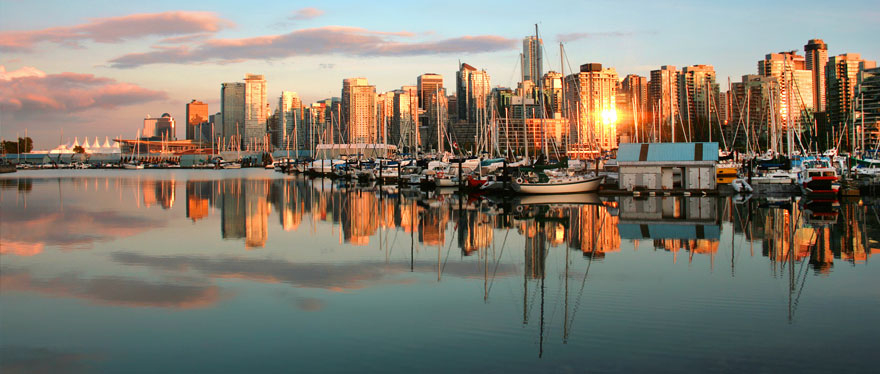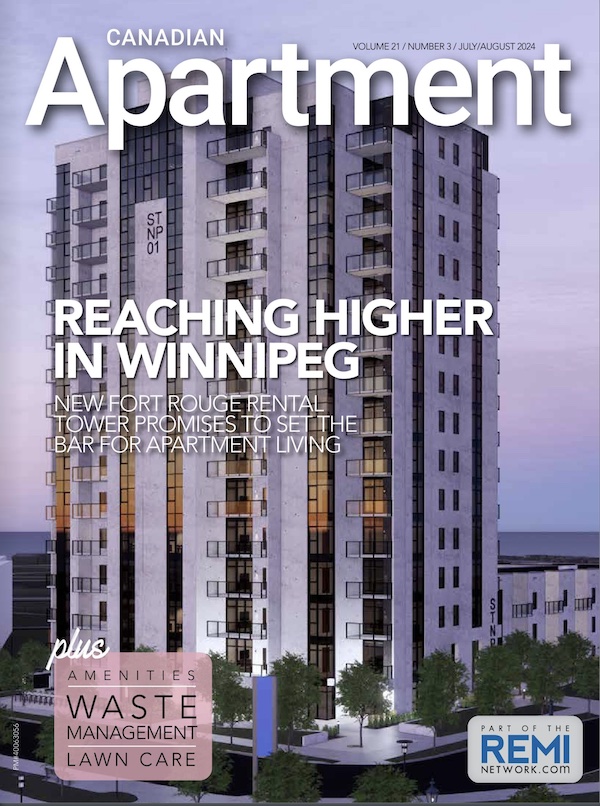After almost three years of extensive public engagement, Vancouver City Council approved the first city-wide land-use strategy to make way for more housing options across all neighbourhoods and build connected communities near transit, shops and public spaces.
The region is expected to grow by about one million people over the next 30 years. The plan contains the first comprehensive ecological framework that will see restored ecosystems and protection for green spaces and tree canopies for a more climate resilient city.
This coincides with Vancouver’s future transit network and works toward the climate target of having 90 per cent of people living within an easy walk or roll of their jobs and daily activities.
In addition to the land-use strategy, the plan also contains an array of supporting policies, which provide guidance on topics such as transportation, community amenities, childcare, public spaces, food systems and more.
“For the first time in Vancouver’s history, we have a comprehensive direction for the future growth of the city that is coordinated with other levels of government,” Theresa O’Donnell, general manger of Planning, Urban Design and Sustainability, said in a statement.
“By 2050, Vancouver will add approximately 260,000 more people and up to 210,000 jobs. The Vancouver Plan allows us to plan for our future and locate jobs and households to ensure more equitable growth. The Plan also protects industrial lands and supports businesses of all sizes, creating more opportunities for shops, services and home-based businesses throughout the city.”
Council-approved motions directing staff to consider how renter protections and developer contributions will be implemented into the plan as next steps.
The data-driven plan, launched in 2019, involved extensive public engagement, technical analysis, and stakeholder input. It responded to public input for more housing, support for the local economy and climate protection.
Staff engaged First Nations, residents, businesses, and more than 250 organizations through a wide-ranging process with more than 50,000 engagement touch points and 25,000 survey responses.
Equity-denied communities were involved, as well as the organizations serving them. The idea is for the Vancouver Plan to keep advancing reconciliation, equity and resilience initiatives through future land use planning during the implementation phase.









This article is not correct. Extensive public engagement?? Ask anyone on the street if they have even heard of it. All the currently popular words are bandied about but it’s more or less meaningless except for the land use plan which is simply re-zoning (densifying) everything everywhere.